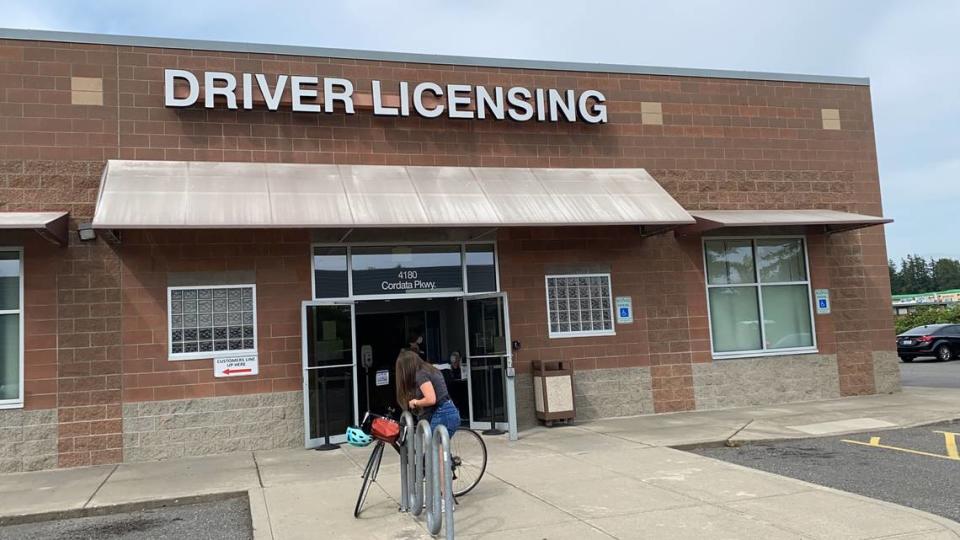Some medical conditions can stop you from getting a driver’s license in WA. Here’s the law
In order to get your driver’s license in Washington state, there are certain requirements you must meet. Of course, this includes passing your written and driving tests, as well as other necessities like proof of identity and vision screening.
There are also medical requirements to obtain a driver’s license in Washington state. When you apply for a drivers license, one of the questions on the application asks if you have any condition that could impair your ability to drive; answering this untruthfully is against the law. Your answer may prompt a required screening from a medical professional and a full medical certification to get a license.
Further, the Department of Licensing (DOL) can suspend or cancel your license based on certain medical conditions if they are a proven risk. For example, someone with epilepsy may have their license suspended over a recent loss of control over their condition or if someone with narcolepsy has a sudden onset of symptoms.
Unless otherwise stated, the information below comes from the Revised Code of Washington or the Washington State Department of Transportation.
WA driver’s license medical exceptions
Physicians and civilians in Washington can report drivers who are a potential safety risk by filling out a Driver Evaluation Request online. If there is sufficient reason to believe someone has an impacted driving ability, the DOL has the right to evaluate them.
Once the DOL is aware of a medical issue that can potentially impact driving, reexaminations for the driver in question will be required. This can include the written test, the driving test, new professional certification, or all of the above.
There are specific scenarios in which the Washington State Department of Licensing can cancel your license:
Information received by the department shows your condition is not controlled
Information received by the department shows your condition is not within licensing standards
If you fail the reexamination of your driving skills
In other scenarios, the DOL can suspend your license but not cancel it:
DOL does not receive certification in time
DOL receives incomplete certification
If you don’t complete the reexamination
If you don’t show up for the reexamination
However, the DOL can also issue license restrictions based on a doctor’s report. This can include restrictions against driving at night for those with poor vision, vehicle type restrictions, and the approval of mechanical control devices, like those used by disabled drivers.

What is WA’s licensing standard?
Washington does not have a set list of medical conditions that guarantee license prevention. Instead, certain conditions are considered a possible risk, and medical professionals evaluate the severity of symptoms.
While not an exhaustive list and other symptoms or conditions can be reported and evaluated using the same forms, the physical examination report asks about the following:
Loss of consciousness or control or seizure
Sleep apnea, narcolepsy, and other sleep disorders
Dementia or other cognitive impairment
Loss of muscular control or mobility
Medical professionals are asked to list the month and year of the most recent occurrence for the first two conditions and evaluate whether there has been a decline over the past 12 months for the second two.
The report asks the medical professional to determine if the condition could impact driving ability, if it is stable and controlled, or if it is controlled by medication that may also affect driving ability.
Based on the above assessments, doctors are asked for their professional opinion on whether an individual is able to operate a vehicle safely and if they believe the DOL should require continued evaluations. This can be recommended on a six-month, one-year or two-year basis.

